The best will get fed-exed away. I will miss them. Maybe I will read them one more time before they disappear into the envelope.
Tuesday, July 15, 2014
Here Come Da Judge
Trying to Judge Short
Fiction
By Joan M. Baril
The Antigonish Review asked me to be a judge of short
fiction for the Sheldon Currie Prize.
After a while, a large package arrived.
Great story after story. How can I possibly judge which is
the “best?” Unlike the tales from other story judges that I have read on line,
none of these stories show the faults so often mentioned there: no horrible
grammar, terrible spelling, crossed out words or porn or manuscripts written in
pencil. The exception was one piece full
of run on sentences and I reluctantly put it aside.
Being a judge of a story contest requires that you ask
yourself the fundamental questions. What makes a good story? What are its basic
elements? You think about the usual stuff: plot, theme, character, writing style
and voice. You ask, why was this story written? What is the point of it? Is
there really a point here or am I missing it? Should I read it again but I
really do not want to. Why is that? This
one, on the other hand, I will read again. Why is that? None of the above questions have good
answers.
A friend advises. Read again the one that stays with you,
that has lodged itself in your brain and pops up there in the morning. Good
advice. Great stories latch on like leaches. Who can forget Chekov’s children
playing cards or The Lady with the Little Dog? Or Munro’s Albanian Virgin? You
think of Kathleen Mansfield and Denis Johnson and Pushkin and Mavis Gallant. Or
The Dead, the greatest story written.
These stories have nothing in common. Yet they float. They float.
All the stories sent from the Antagonish Review were good.
Every one. But some stood out because they were odd, quirky and yet seemed
plausible, part of the quirky world as we know it. Our bonfire of inanities. You say to yourself,
yes, this is what could happen, this is what it feels like to be an ordinary
person in ancient Rome and know the barbarians will be arriving any moment. This story about a party in Ireland examines
the strangeness of life, examines it closely and in detail, does not flinch or
look away but lifts the knife to the patient, etherized upon a table.
Maybe I am asking the wrong question. What makes a perfectly
good story sink? In many cases it is a
fact left out, a disconnect. If a gun is in the purse, we have to know
why. And if it sits there in the first paragraph it has to be used before the
last. Otherwise we feel cheated. We were counting on that gun. If Tommy ties
his dog to a tree before he confronts the bullies, he has to untie the dog
later. He can’t leave it there. A bit of our heart has settled on the dog and
we don’t forget him. We want to yell at Tommy as he runs home victorious, “The
dog, stupid. You forgot about the dog.”
If Mary believes the house is haunted we have to know something about
Mary’s character, what makes her jump to ghosts and not mice or scratchy branches
or the neighbour’s bagpipes. We think,
“what a dim bulb is this Mary, who thinks there are ghosts whenever she hears a
strange noise.” A good writer would make
us believe in Mary and her ghost-a- phobia. A good writer would make us believe
in three handed flying forks with faces.
We, the reader, must not be distracted, not for an instant
but alas, our fickle minds are made for distraction and we live in a shotgun
society pelleted with distraction. So the author must fight distraction at
every turn. Also a good editor is helpful.
At last I have settled on three stories, the so-called
“best.” The others, products of hard
work and talent, visible evidence of the internal creative struggle, go into the shredder, a horrible fate for good writing. I feel like Tony Soprano.
The best will get fed-exed away. I will miss them. Maybe I will read them one more time before they disappear into the envelope.
The best will get fed-exed away. I will miss them. Maybe I will read them one more time before they disappear into the envelope.
I do not know who wrote any of the stories. But thank you
anonymous and talented writers. Thank you all.
Subscribe to:
Post Comments (Atom)




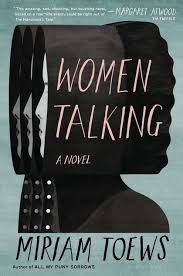



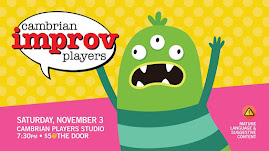



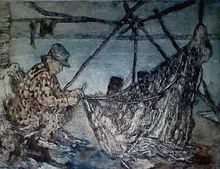

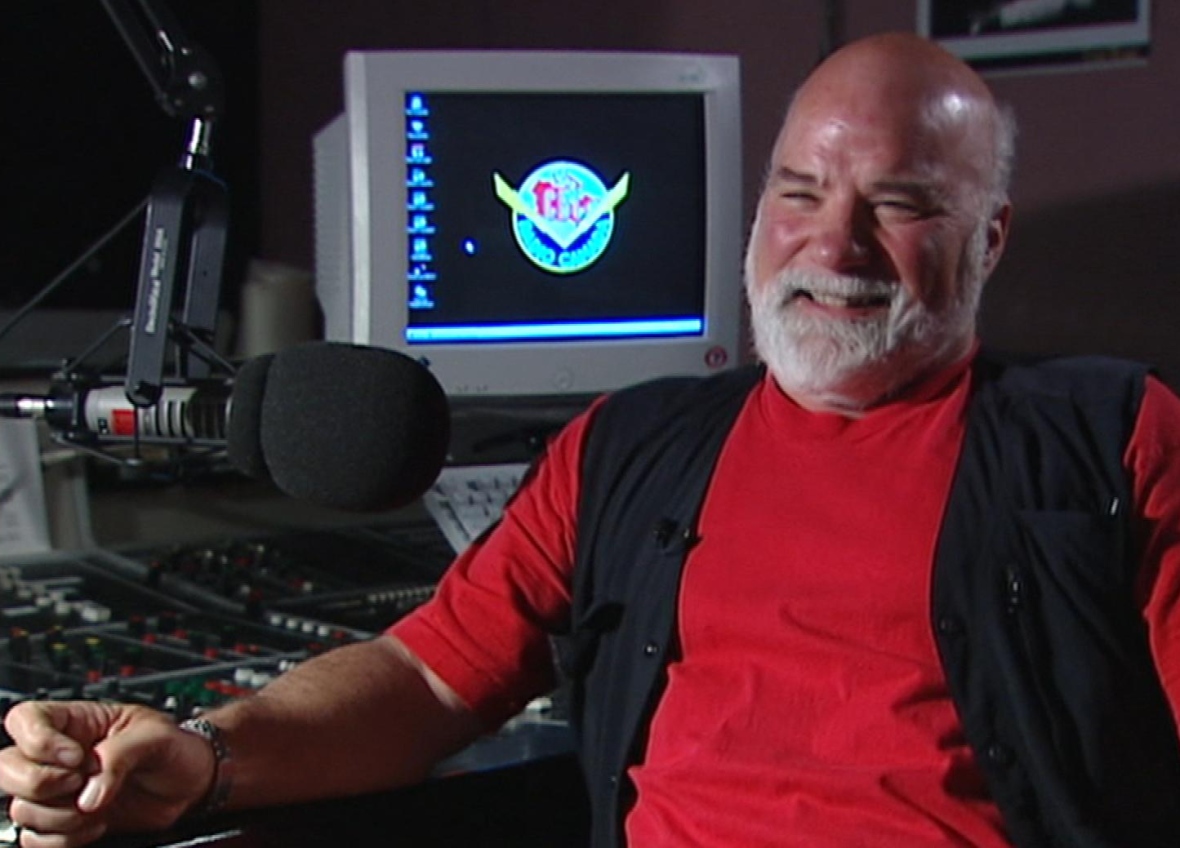
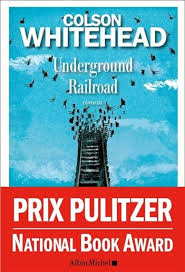

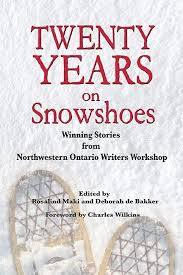










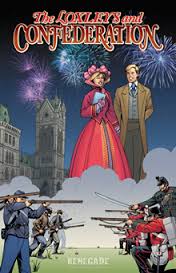

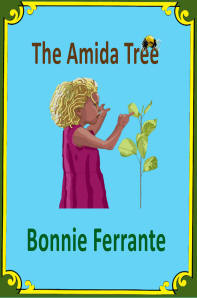
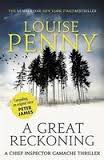


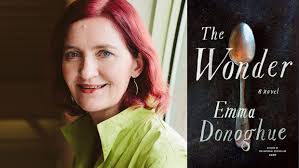












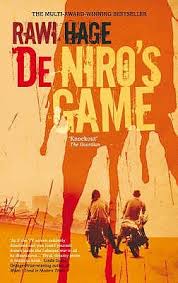

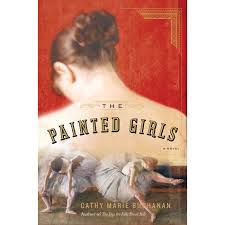
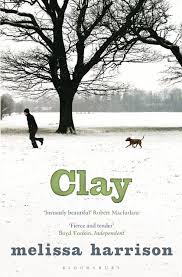

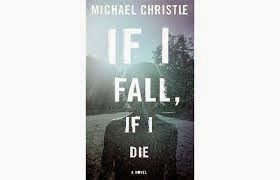


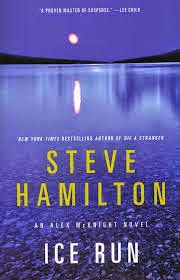












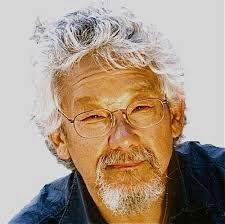



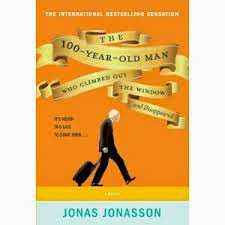



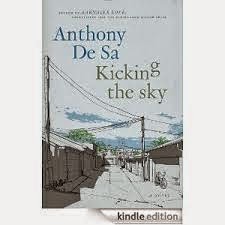









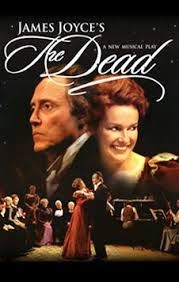

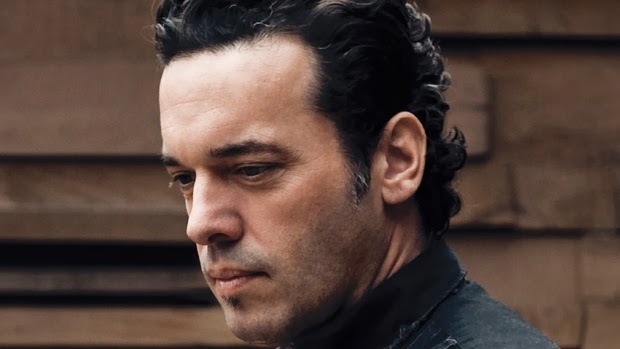
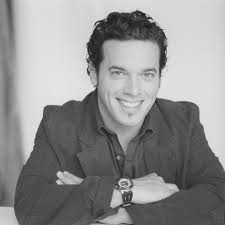
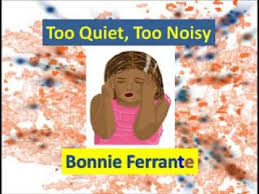



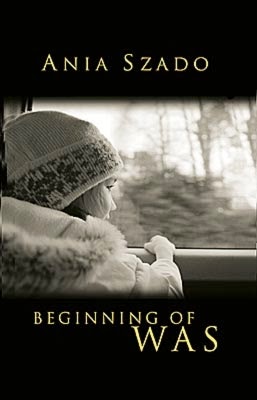

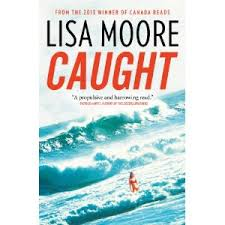

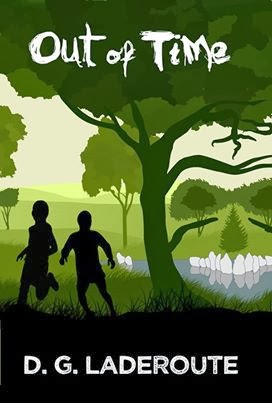









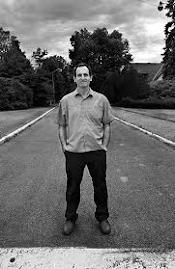






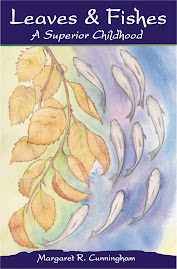


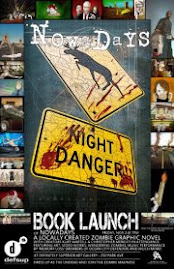



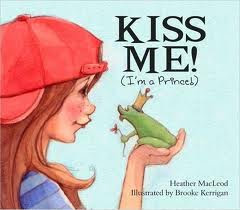




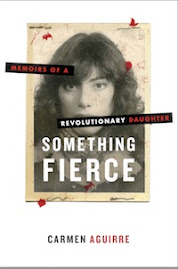

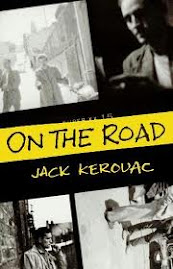

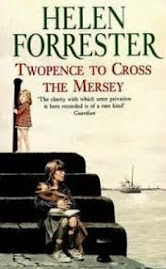
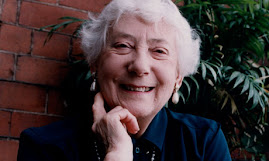



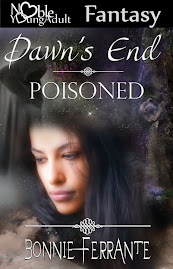

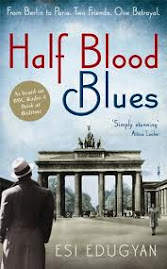
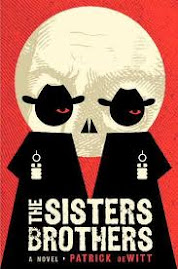
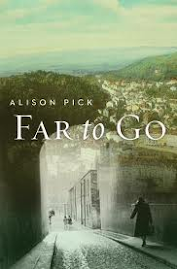

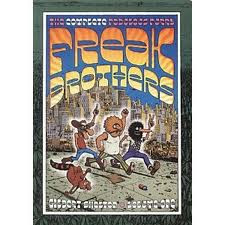
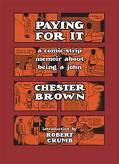
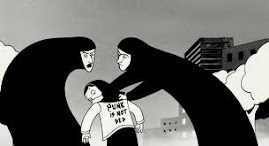
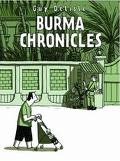

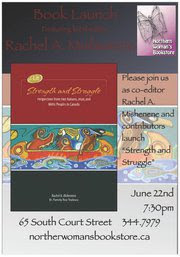



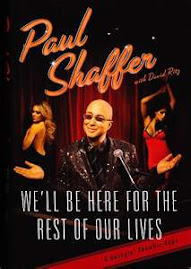














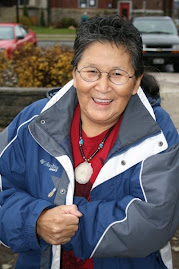












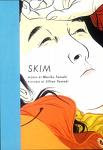




























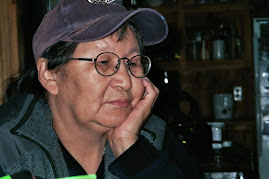




































No comments:
Post a Comment